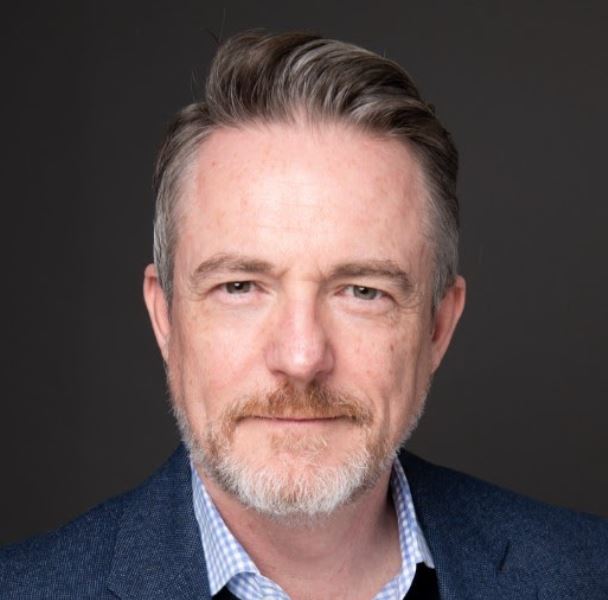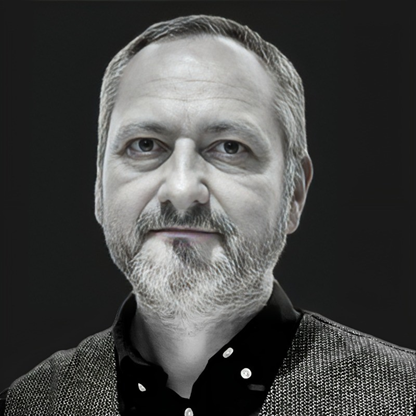Author: Mariia Fufaieva
Dear PMI Switzerland Members,
We are thrilled to announce a major update to our Sponsors and Partners webpages, part of our ongoing efforts to improve our website experience! This exciting initiative, spearheaded by Martin Härri, and with support from Mariia Fufaeiva, Lisa Gryzagoridis, Philippe Soupart and supported by our dedicated team, the new webpages are designed to enhance our engagement with existing sponsors and partners while attracting new opportunities to grow.
Why These Updates Matter for You
Our sponsors and partners play a vital role in advancing PMI Switzerland's mission. From supporting member-driven events to offering valuable resources for project management professionals, their contributions are key to our chapter's ongoing success. As a non-profit organization, we rely on the support of sponsors who contribute to our activities and partners who offer a wide range of support.
By visiting our updated web pages, you will:
- Learn more about how our sponsors contribute to advancing project management professional development.
- Discover innovative partnerships and further collaboration opportunities such as talent development, networking opportunities, mentoring and many other benefits.
Thanks to the collaborative efforts of Mafalda Amaro, Oxana Herzog, Mariia Fufaeiva and Alpha Ziman, we’ve developed a range of exclusive benefits for our sponsors and partners, ensuring a mutually rewarding relationship that drives both community success and professional growth.
Your Support Drives Our Success
We encourage all members to visit the updated Sponsors and Partners webpages to learn more about these valuable collaborations and the benefits they bring and explore how these strategic partnerships are shaping the future of project management in Switzerland, and how you, as a member, can contribute to these efforts.
Your continued support and involvement are key to our shared success. By continuing to support and engage with our chapter’s initiatives, you help foster a stronger community of professionals dedicated to advancing project management.
Stay tuned for more updates as we continue to enhance your membership experience. Together, we can make a difference!
Visit Now: Sponsors & Partners Pages
Thank you for being an active part of PMI Switzerland!
Warm regards,
Mariia Fufaieva



